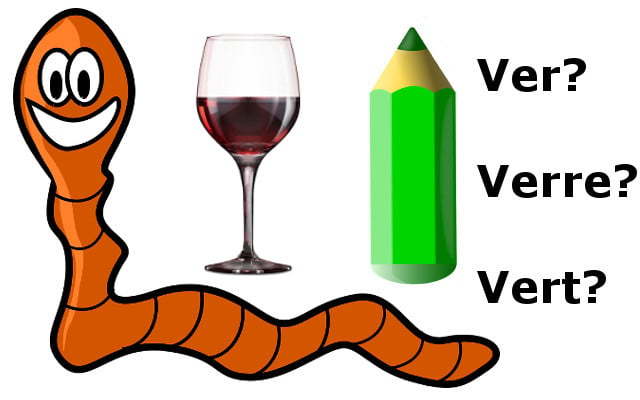

 Photo:CollegeDegrees360/Flickr
Photo:CollegeDegrees360/FlickrEasy, right?
As a noun, this word means “a kiss”. As a verb (with exactly the same spelling).. well… read the dictionary definition below…



This French town pictured below is not pronounced Reems, more like Rahnce.



In honour of French language week, here's a look at a list of words that will keep learners up at night in cold sweats.



 Photo:CollegeDegrees360/Flickr
Photo:CollegeDegrees360/Flickr





Very enjoyable list…